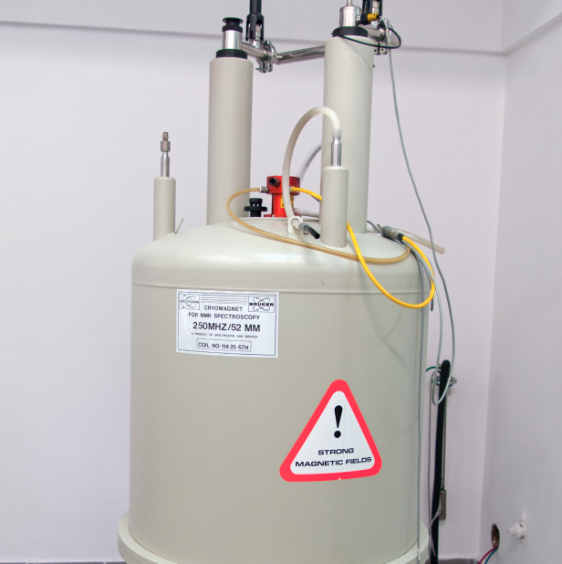WP6: Expanding access provision and user services


WP6: Expanding access provision and user services
Continuous evaluation of both emerging technology and methods of providing access to these technologies is key in maintaining scientific excellence within Research Infrastructures. To manage this, Instruct-ULTRA focussed on three key projects:
1. The development of technology within Instruct to improve access. This included the development of code for a Virtual Laboratory Environment (VLE), and data collection for improvements to the Instruct website.
2. The expansion of NMR user communities. Building on the well-established collaborations between structural biologists engaging in NMR, a demand was identified for NMR collaborations in other areas of life science research. As such, meetings with EuroBioNMR EEIG (European Economic Interest Group) and EXCEMET were held to discuss potential collaborative action.
3. Testing of remote access for EM data collection. In response to over-demand, remote control of cryo-electron microscopes maximises the up-time and usage of such microscopes to 24 hours a day, 7 days a week. Implementation of this technology was tested on samples and data drawn from existing Instruct-ERIC resources to benchmark the process.
The ongoing COVID-19 pandemic caused by the rapid and almost unmitigated spread of SARS-CoV-2 (SCoV-2) necessitated the coordinated investigation of its biomolecules to allow for the rapid identification of antiviral drugs. As such, JWG University (Partner 5) has worked on the structural characterisation of viral proteins as part of the Covid19-NMR project, to provide a basis for rational drug design and virtual screening efforts, as well as the structural investigation of complexes of these proteins with drug-like molecules to guide medicinal chemistry optimisation and develop new ligands with putative antiviral activities. NMR-based investigations of all putative regulatory RNA elements in the viral genome were carried out and an NMR-based screening pipeline for small molecule-RNA and small-molecule-protein interactions was established to support drug development campaigns. In addition, NMR-characterisation of the viral proteome was carried out with the aim of providing chemical shift assignments for all viral proteins. The Covid19-NMR project has developed into a global research consortium with more than 40 research groups from 15 countries worldwide, which greatly extend and complement the expertise and technical capabilities of the original group of PIs.

(Photo by Chrumps, shared under CC4.0)